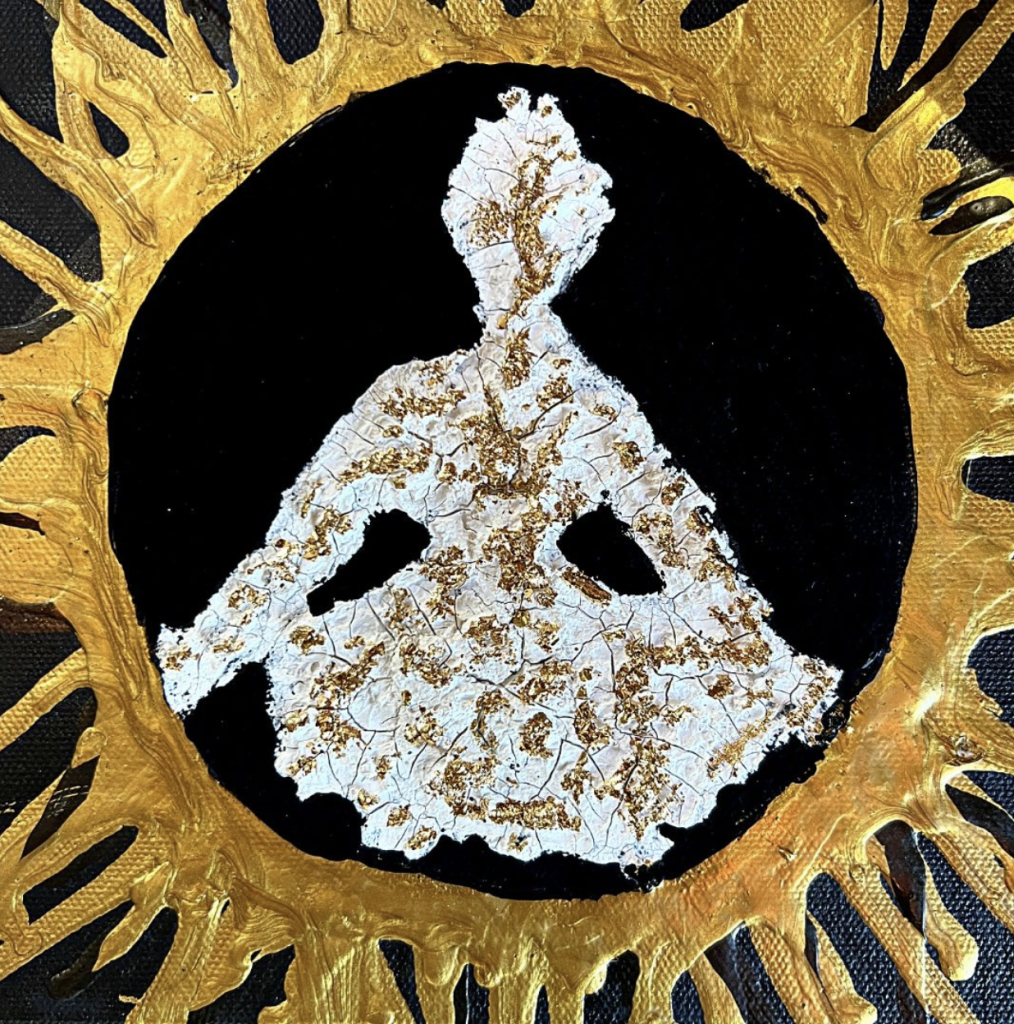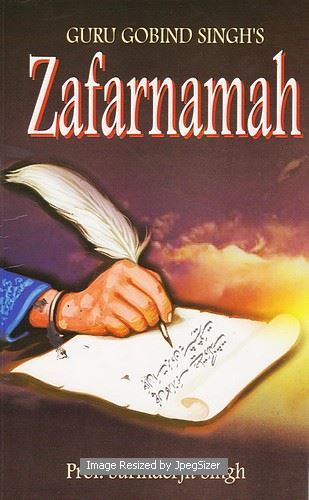Explore 'ahankar,' the concept of ego in Sikhism, its impact on spiritual life, and remedies like humility and seva for overcoming this human frailty.
ANABHI, a Jain hierarch, who, according to Puratan Janam Sakhi, met Guru Nanak during his journey to the South. Anabhi addressed the Guru thus: "Eatest thou corn, old or new, consumest thou parched gram, and drinkest thou cold water without filtering to ensure absence of living organisms; yet thou art called a Guru. What merit dost thou possess if thou art constantly killing living beings?" Guru Nanak, according to Puratan Janam Sakhi, recited verses saying: "By the Master`s grace is faith fulfilled," and not by "having the hair of one`s head plucked, drinking befouled water and begging others for leftovers to eat. "Anabhi, says the Janam Sakhi, took the precept and became a disciple.
Discover how a young Guru Nanak made an acrostic, Patti, from memory—reflecting on the One Lord's creation. An inspiring tale of divine wisdom.
BABAR VANI (Babar\'s command or sway) is how the four hymns by Guru Nanak alluding to the invasions by Babar (1483-1530), the first Mughal emperor of India, are collectively known in Sikh literature. The name is derived from the use of the term in one of these hymns: "Babarvani phiri gai kuiru na rod khai Babar\'s command or sway has spread; even the princes go without food" (GG, 417). Three of these hymns are in Asa measure at pages 360 and 41718 of the standard recension of Guru Granth Sahib and the fourth is in Tilang measure on pages 72223. Zahir-ud-Din Muhammad Babar, driven out of his ancestral principality of Farghana in Central Asia, occupied Kabul in 1504.
BHANU, BHAI, BhaiJattu, Bhai Nihalu and Bhai Tiratha, all Chaddha Khatris, were devoted Sikhs. Once they presented themselves before Guru Arjan to have a doubt resolved. They made obeisance to the Guru and said, "Lord, in one of your hymns there is a line: `He alone kills and He alone saves; there is nothing in man`s power.` Yet another hymn says: `In this field of action, as thou so west, so shalt thou reapest.` Which of the two precepts shall apply? Because, if He performs or gets performed all actions, how are we answerable for them? And, if we have to suffer the consequences of our actions, we must have the freedom to act with discretion." The Guru, as says Bhai Mani Singh, Sikhan di Bhagat Mala, replied: "Some merit liberation through action, some through worship, some through knowledge.
Explore the myth of Hiranyaksha, the demon defeated by Vishnu's boar avatar, preserving earth amidst cosmic chaos. Dive into legendary lore.
Discover how Guru Arjan Dev redefines the concept of Paradise, prioritizing spiritual devotion over material temptations like the allure of a houri.
Explore the concept of Kam in Sikhism, its role among the four Purusarthas, and how it contrasts with Hinduism and Buddhism's perspectives.
Discover the captivating tale of Qazi Rukan Din of the Janam Sakhis meeting Guru Nanak in Mecca & the miraculous revelation of divine presence.
Discover Guru Gobind Singh's Zafarnamah to Emperor Aurangzib, an epic Persian verse declaring moral sovereignty in public affairs. Explore the Dasam Granth!
- 1
- 2






